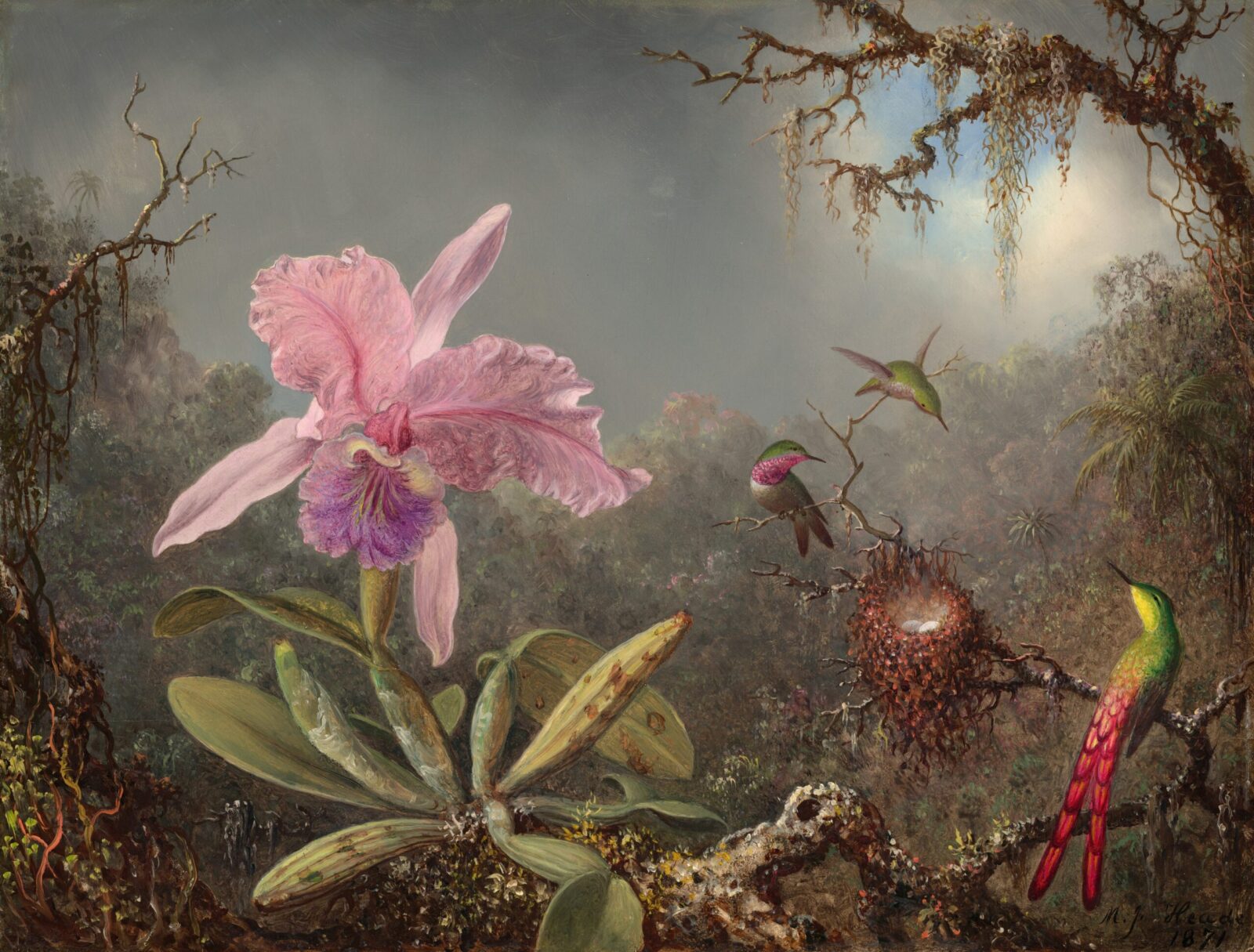

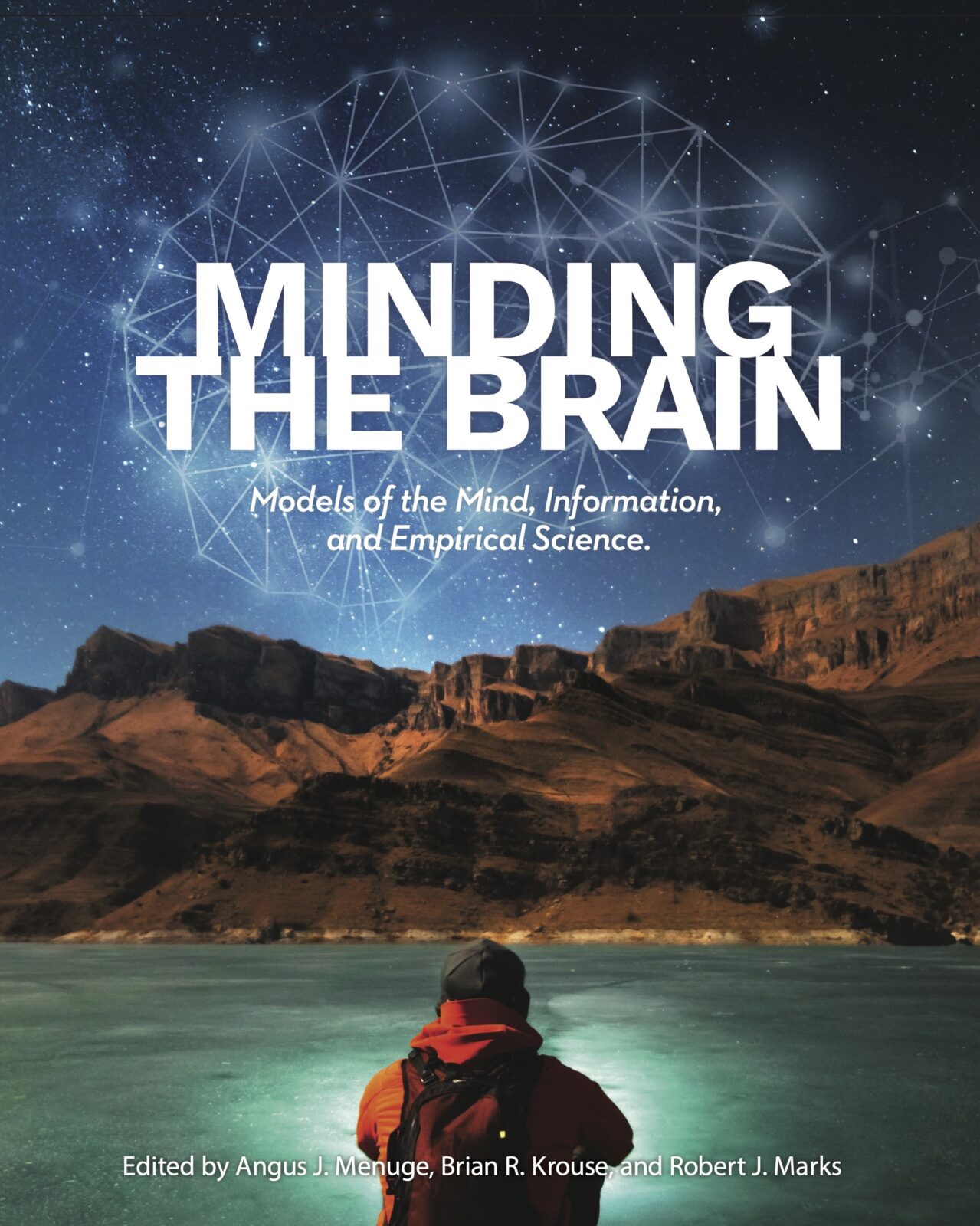
Minding the Brain
Is your mind the same thing as your brain, or are there aspects of mind beyond the brain’s biology? This is the mind-body problem, and it has captivated curious minds since the dawn of human contemplation. Today many insist that the mind is completely reducible to the brain. But is that claim justified? In this stimulating anthology, twenty-five philosophers and Read More ›
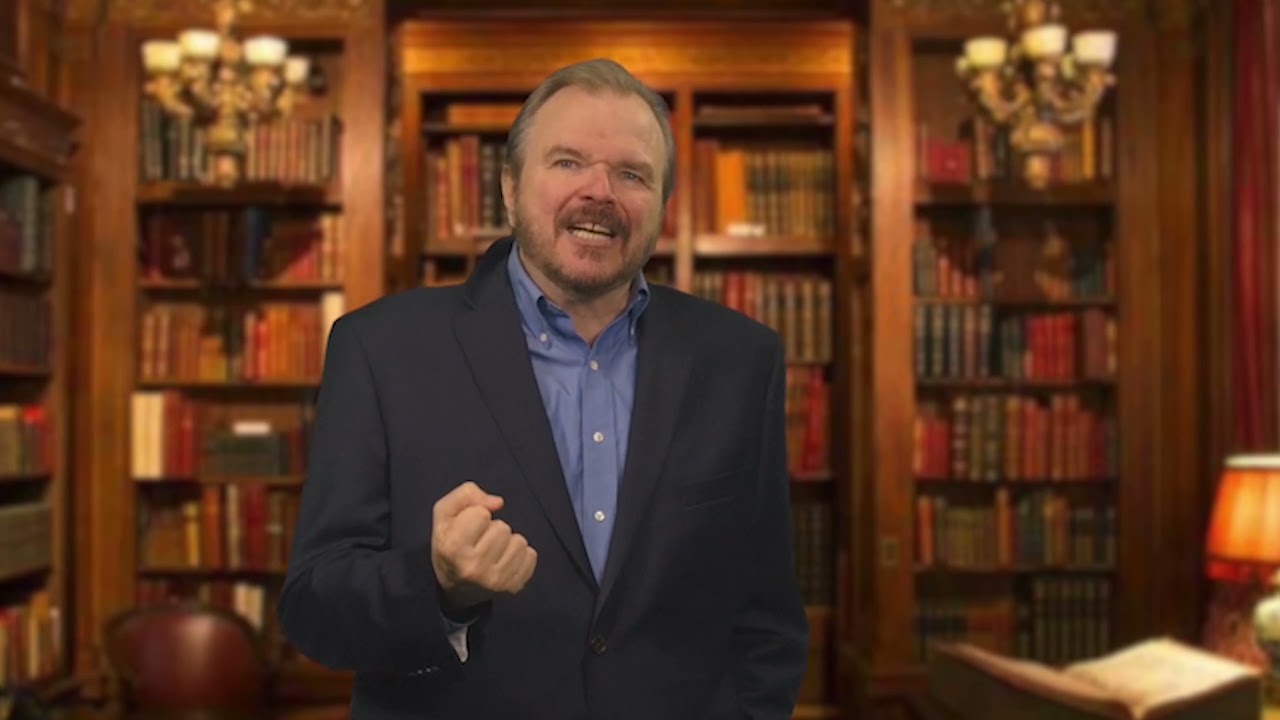
Evolutionary Informatics
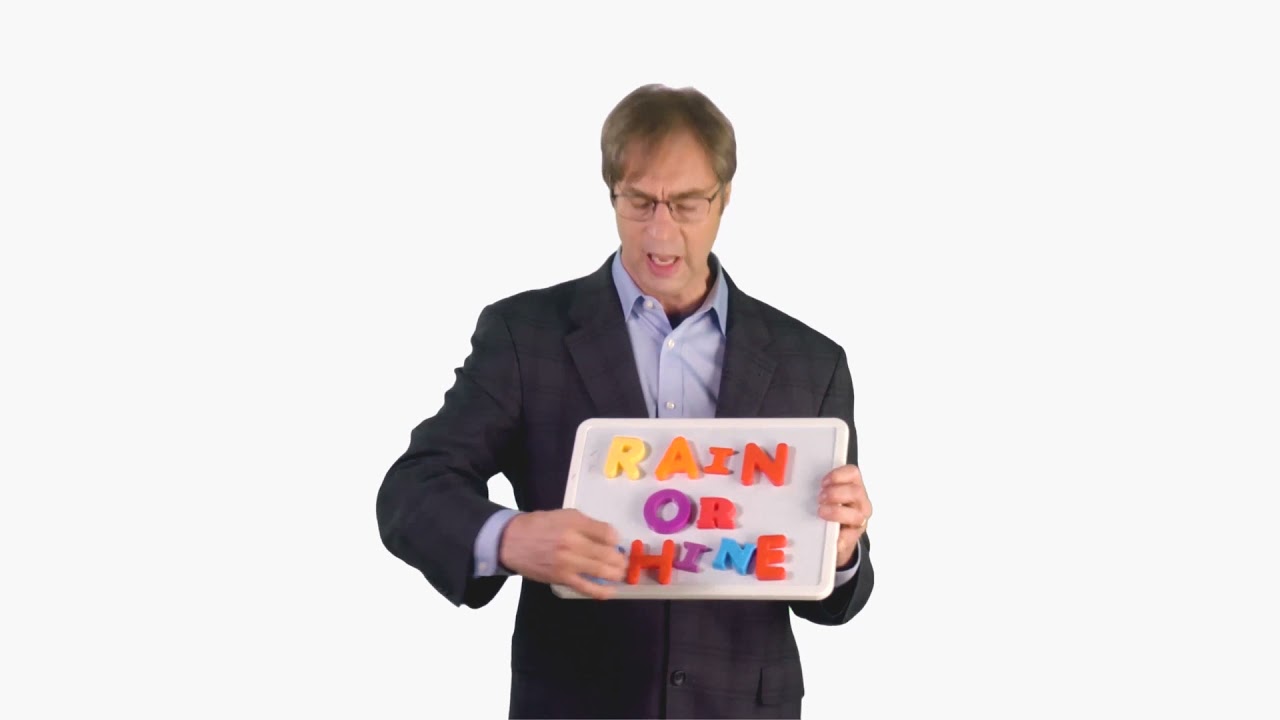
What Kind of Information Does DNA Contain?

Leap Before You Look
I helped Bruce Chapman form Discovery Institute some 25 years ago and over that period, if I may use the term, it has evolved. Bruce and I believe that this evolution expresses an intelligent design, a unified vision that transcends the various programs at Discovery Institute. We do not only believe in intelligent design in the universe; we believe such a design manifests itself across the sciences and pervades economics and culture. Not only is God the creator; but human beings are creative in his image, in the image of the creator. This is a scientific proposition, following the insights of a great new science called information theory. Information theory upholds the idea of a hierarchical universe and underlies all Read More ›
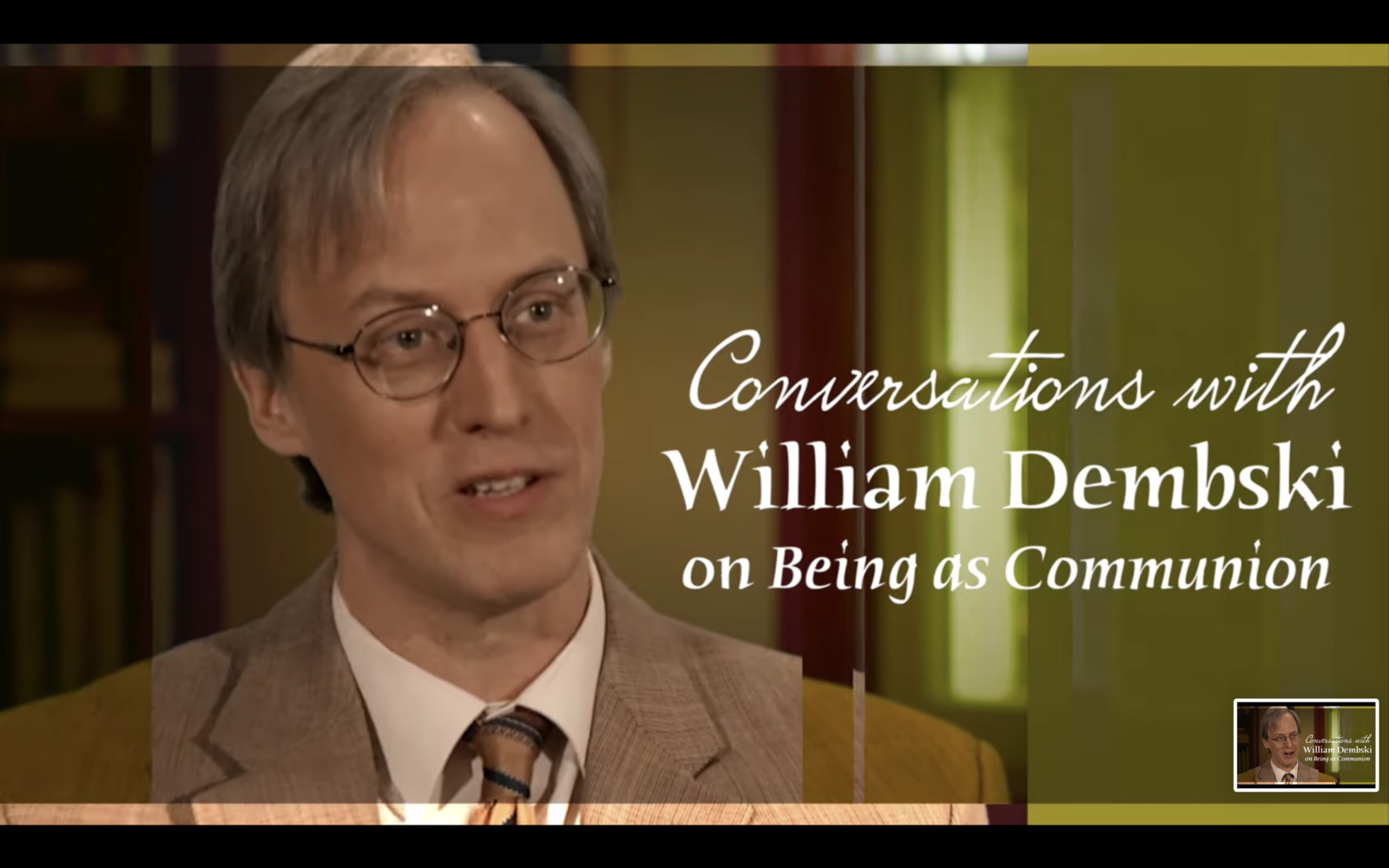
Conversations with William Dembski — The Thesis of Being as Communion
In this video Dr. William Dembski describes the central thesis of his new book Being as Communion. Dembski proposes that the fundamental “stuff” of this universe is information, not matter. Listen to Dembski discuss the nature of reality, relational ontology, the creation of information, and more. Being as Communion is a title that I came up with as I was Read More ›
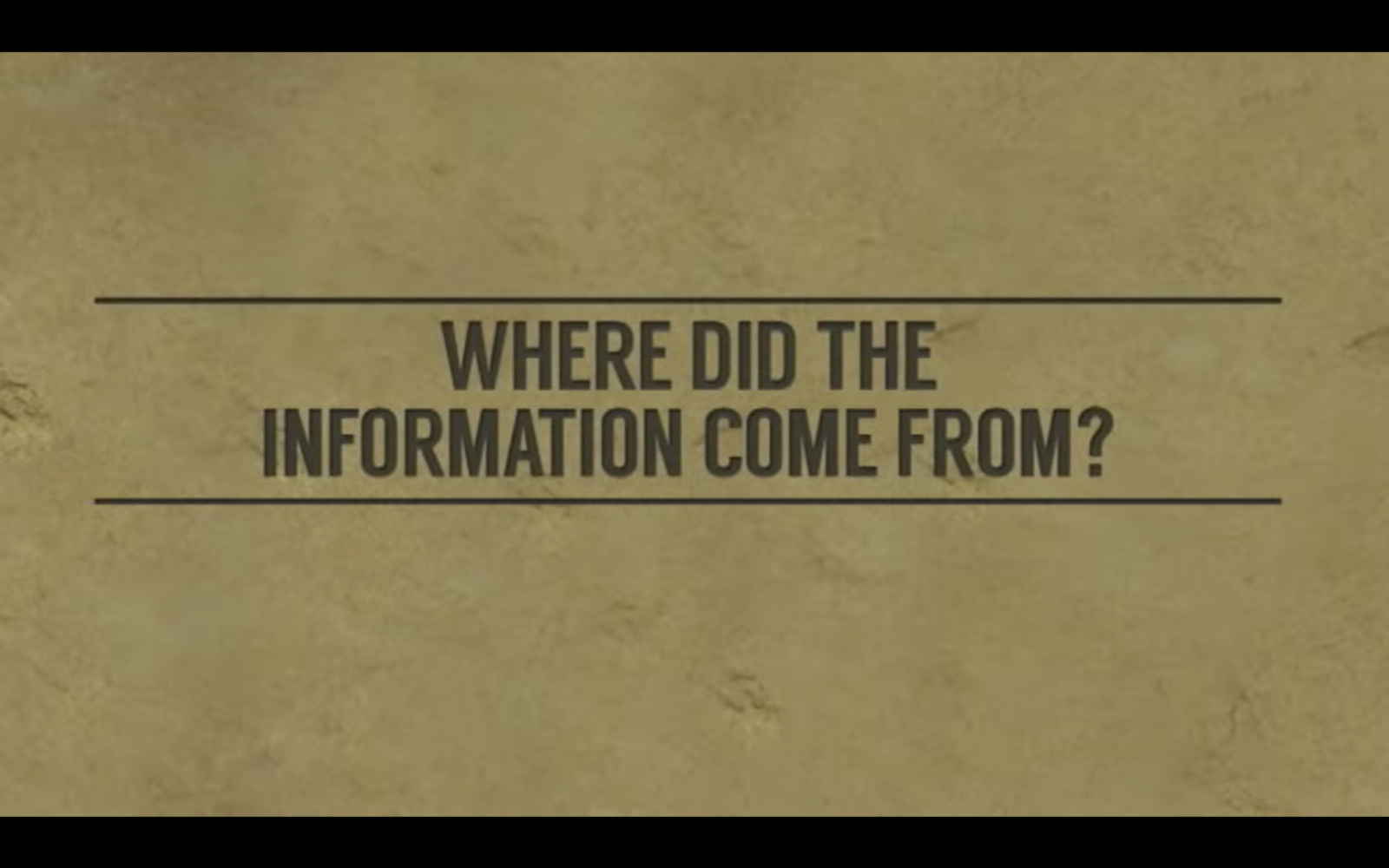
Darwin’s Dilemma – Where did the information come from?
Dr. Stephen Meyer, author of Darwin’s Doubt, talks about the sudden emergence of the body plans found in the arthropods of the Cambrian fossil layer. The structures of these Cambrian animals demonstrate extraordinary complexity, requiring unique genetic information and at least ten different cell types to support these creatures as living animals. Excerpted from Illustra Media’s film, Darwin’s Dilemma – http://www.darwinsdilemma.org/.
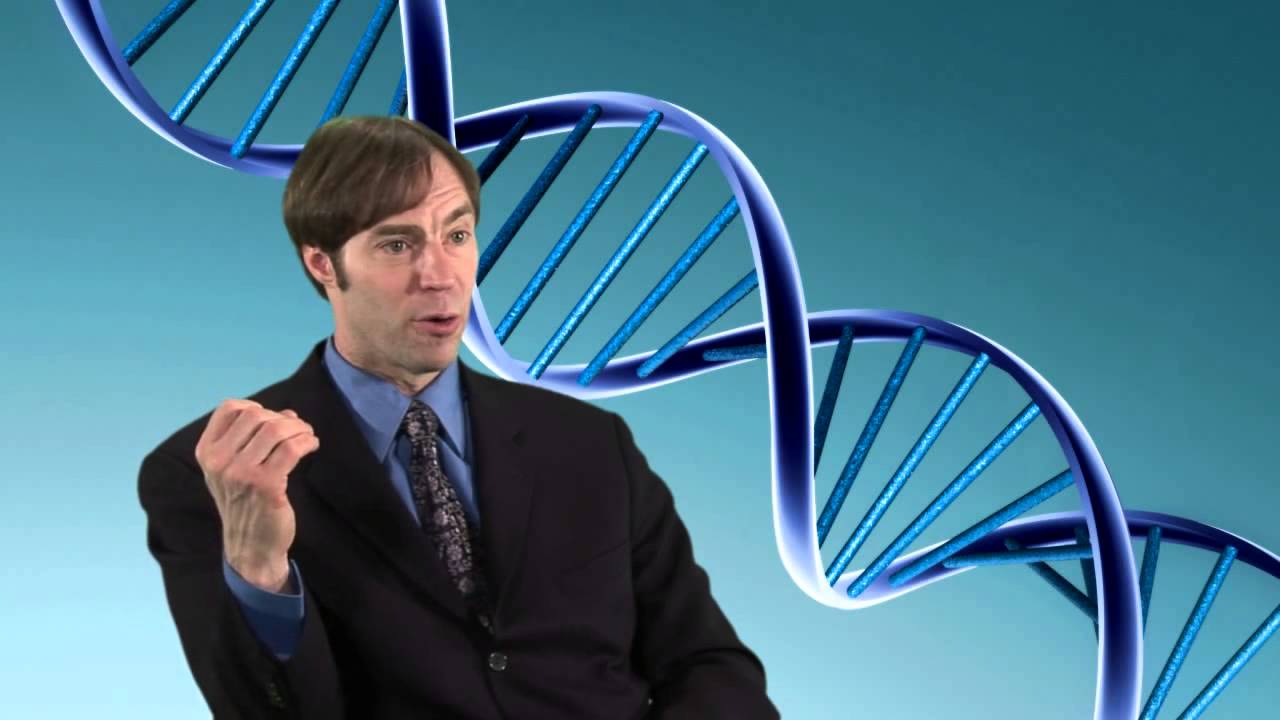
Stephen Meyer on Intelligent Design What is the Origin of Digital Information Found in DNA?
Dr. Stephen Meyer explains the basis for information needed for new features in life and life itself. He argues that the information within DNA, like all other types of information, must come from an intelligent source. Stephen Meyer is the author of The New York Times best selling book Darwin’s Doubt: The Explosive Origin of Animal Life and the case Read More ›

What Can We Reasonably Hope For?
In a memorable scene from the movie The Graduate, Dustin Hoffman’s parents throw him a party to celebrate his graduation from college. The parents’ friends are all there congratulating him and offering advice. What should Hoffman do with his life? One particularly solicitous guest is eager to set him straight. He takes Hoffman aside and utters a single word — Read More ›
